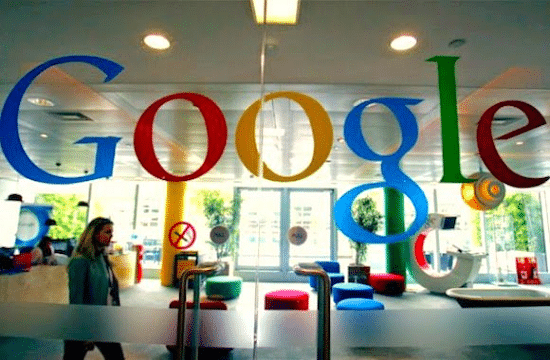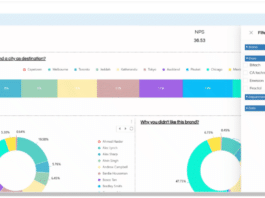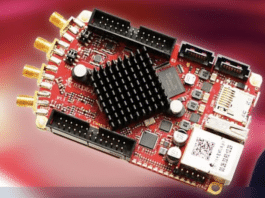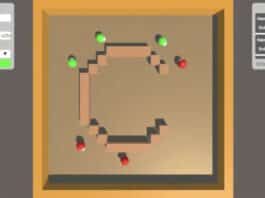Google’s Project Vaani opens access to research models, datasets, and AI tools, driving innovation in speech recognition, language processing, and healthcare.
Google has taken a significant stride towards fostering innovation and collaboration in the field of artificial intelligence (AI) with its latest initiative, Project Vaani. Developed in partnership with the esteemed Indian Institute of Science, Project Vaani aims to accelerate advancements in speech recognition, language processing, and AI across various applications.
Through Project Vaani, Google has amassed a treasure trove of anonymised speech data from 773 districts, spanning 38 languages. This invaluable collection, consisting of over 4,000 hours of recorded speech, is now being shared as open source material, providing developers with an unprecedented resource to enhance their speech-related applications and services.
But Google’s generosity doesn’t stop there. They are also opening access to their Open Buildings datasets, derived from meticulously analysed satellite imagery. This remarkable dataset pinpoints and maps over 200 million buildings throughout India. With such comprehensive data at their fingertips, developers will have the power to revolutionise urban planning, infrastructure development, and disaster management, among other areas.
In addition to speech data and building datasets, Project Vaani boasts the development of a state-of-the-art AI and machine learning model that can accurately identify medicines within handwritten prescriptions. This breakthrough technology promises to streamline healthcare systems by expediting prescription processing, ensuring accuracy and patient safety.
Dr. Sharmila Ghosh, lead researcher at Google AI, expressed her enthusiasm for Project Vaani, stating, “By making these research models and datasets available, we aim to foster greater innovation and drive progress in AI. Project Vaani represents a significant leap forward in democratising access to valuable resources, empowering developers to create transformative solutions that positively impact society.”
Acknowledging the importance of addressing biases and stereotypes in AI, Google has introduced the SeeGull Database—an open sourced global stereotype benchmark. This tool plays a crucial role in identifying and mitigating biases, especially within the Indian context, ensuring fairness and inclusivity in AI technologies.
With access to these extensive resources, developers are poised to unlock limitless possibilities in various sectors, ranging from healthcare and education to governance and beyond. Project Vaani, by enabling collaboration and knowledge-sharing, paves the way for a new era of AI development and sets a precedent for driving innovation together.
Google’s Project Vaani serves as a testament to their commitment to propel the AI field forward while fostering an inclusive and collaborative environment. By democratising access to research models and datasets, Google empowers developers to push the boundaries of AI and shape a future where technology serves society in increasingly transformative ways.




